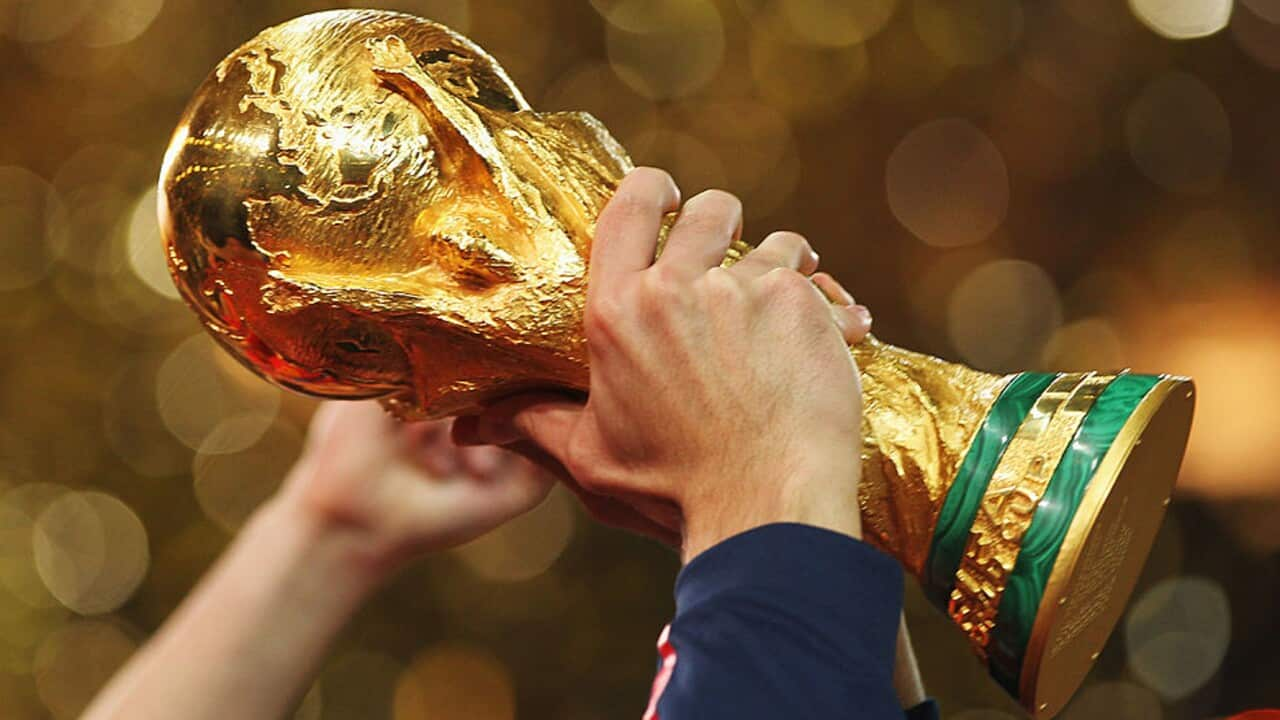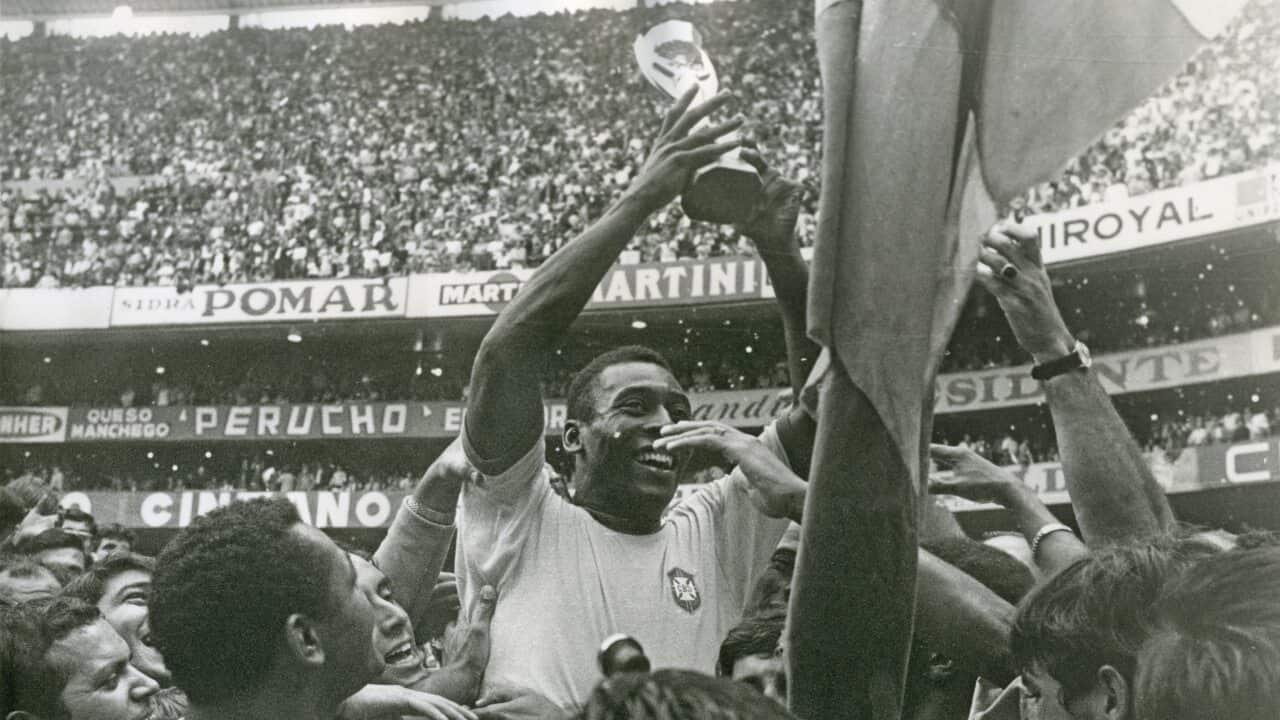Today, over 200 countries from six continents contest qualifiers for a chance to secure a coveted ticket, but in 1930, it was merely an invitational that saw every FIFA-affiliated nation compete for the Jules Rimet Trophy.
Uruguay, celebrating 100 years of independence and back-to-back Olympic triumphs, hosted 12 other teams as FIFA looked to make their own international tournament the top honour in world football.
Argentina, Chile, France, Mexico, Yugoslavia, Brazil, Bolivia, Romania, Peru, the United States, Paraguay, and Belgium all met in the South American nation, where the hosts later prevailed in Montevideo, much to the delight of the 2.2 million people who called Uruguay home.
Santos Iriarte and Hector Castro are two names that will live long in the memory of Uruguayan fans, having helped the Sky Blues to a come-from-behind 4-2 victory over neighbours Argentina in the final.
That match, played in front of over 68,000 fans, set the tone for a quadrennial phenomenon that FIFA believe five billion people will tune in for when Qatar hosts the 22nd edition next month.
Qatar will welcome 31 nations to the game’s greatest stage, the seventh and final iteration to feature as many before the total reaches 48 for the 2026 tournament in Canada, Mexico, and the United States.
Following Uruguay’s success in 1930, the World Cup expanded to 16 (1934) and 15 (1938) teams respectively when Italy claimed two consecutive crowns, though that total would return to 13 in 1950 following a 12-year hiatus due to the Second World War.
Brazil earned hosting rights for the tournament’s return, but it was neighbours Uruguay who denied them in the final thanks to Alcides Ghiggia’s winning goal in front of more than 173,000 fans.
It took eight years before Brazil would atone for their heartbreak in Rio, and they’ve been the World Cup kings ever since, boasting a record five titles thanks to Samba Stars like Pele, Garrincha, Vava, Rivelino, Romario, Ronaldinho and Ronaldo.
West Germany’s grip on the 1954 title made way for back-to-back honours for Brazil, who, following England’s success in 1966, clinched a third crown in 1970 with arguably one of the greatest teams of all time.
It would take 24 years before Brazil would return to the top of the men’s game, having watched West Germany and arch-rivals Argentina lift two titles either side of Italy’s victory in 1982.
In that time, the likes of Franz Beckenbauer, Gerd Muller, Johan Cruyff, Mario Kempes, Paolo Rossi, Lothar Matthaus, and Diego Maradona etched their names, among others, into the history books, as well as the hearts and minds of fans, with a portfolio of performances that many still marvel at today.
Brazil’s fourth title in 1994 would be the first of three straight finals, with Zinedine Zidane inspiring a star-studded France side to silverware on home soil in 1998, before Ronaldo’s double against Germany resumed their dominance on the world stage in 2002.
By then, the number of teams competing at the World Cup had increased to 32 and, to this day, remains the last time a South American nation touched the trophy, with Europe’s stranglehold on the competition in place ever since courtesy of Italy (2006), Spain (2010), Germany (2014), and France (2018).
Whether that continues to be the case in Qatar remains to be seen, however, one thing is for certain: another unforgettable chapter of World Cup football awaits.
SBS and SBS On Demand is the only place Australians can catch all the action from the 2022 FIFA World Cup LIVE and FREE.













